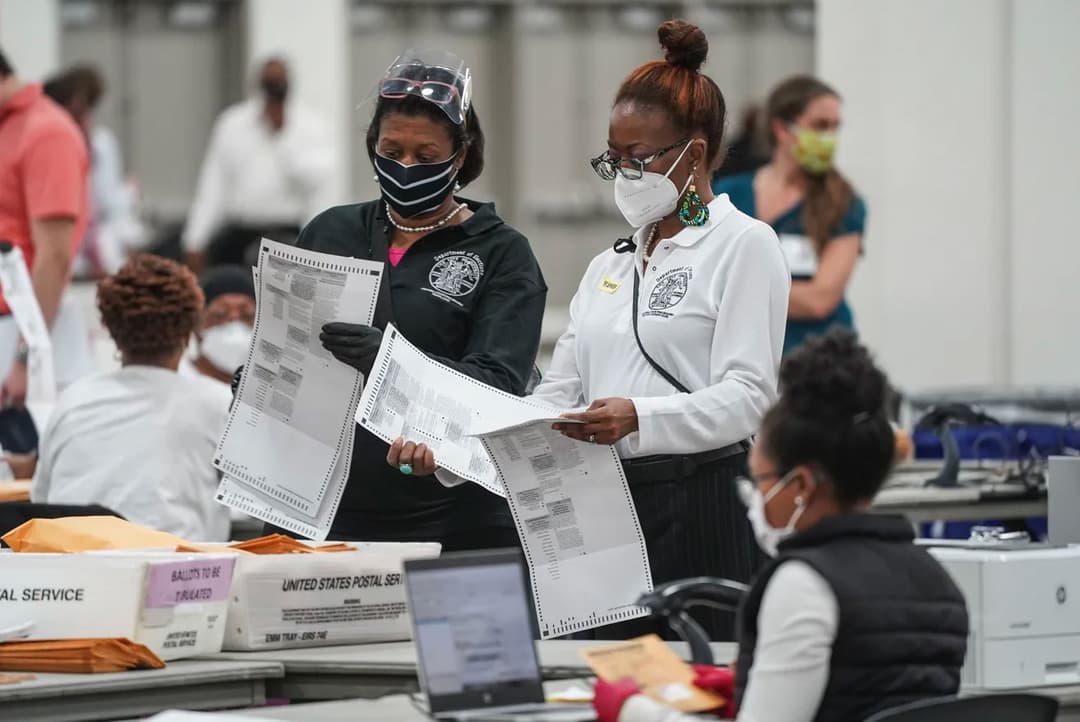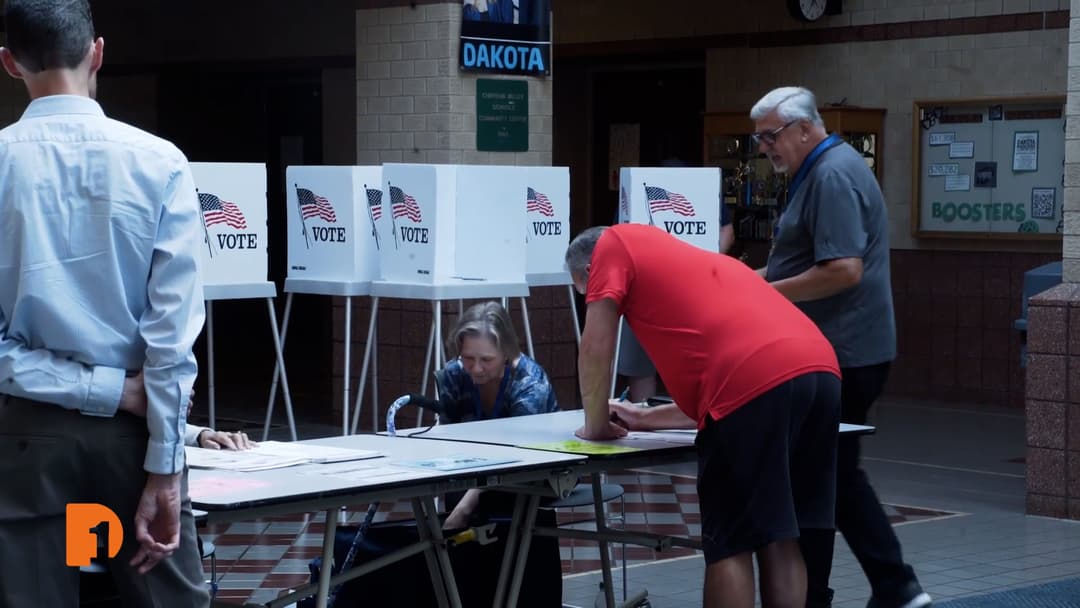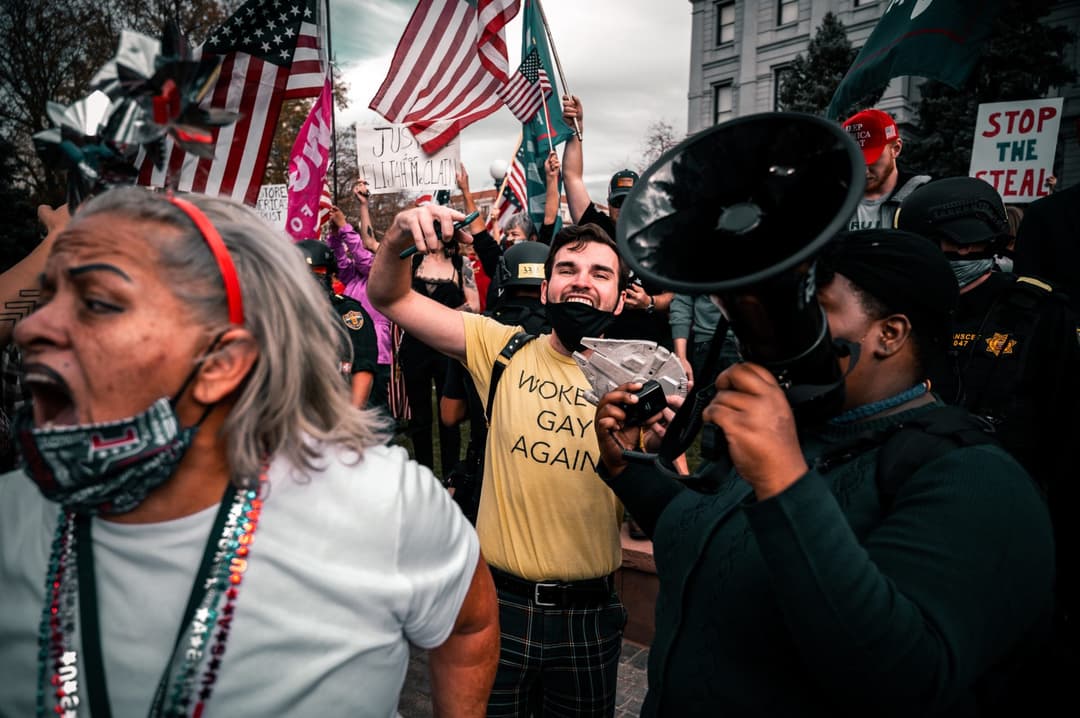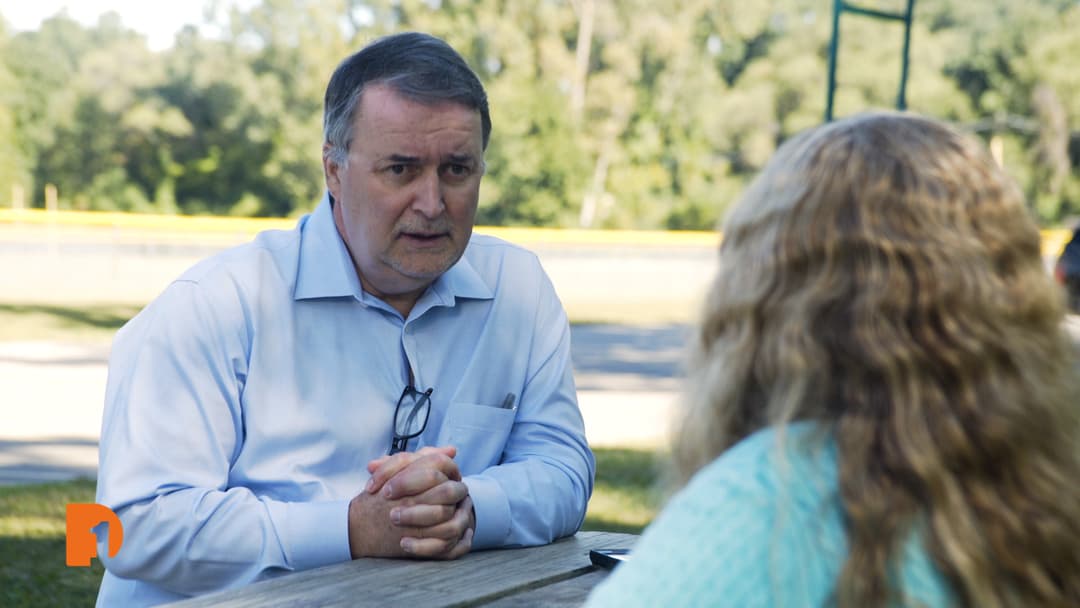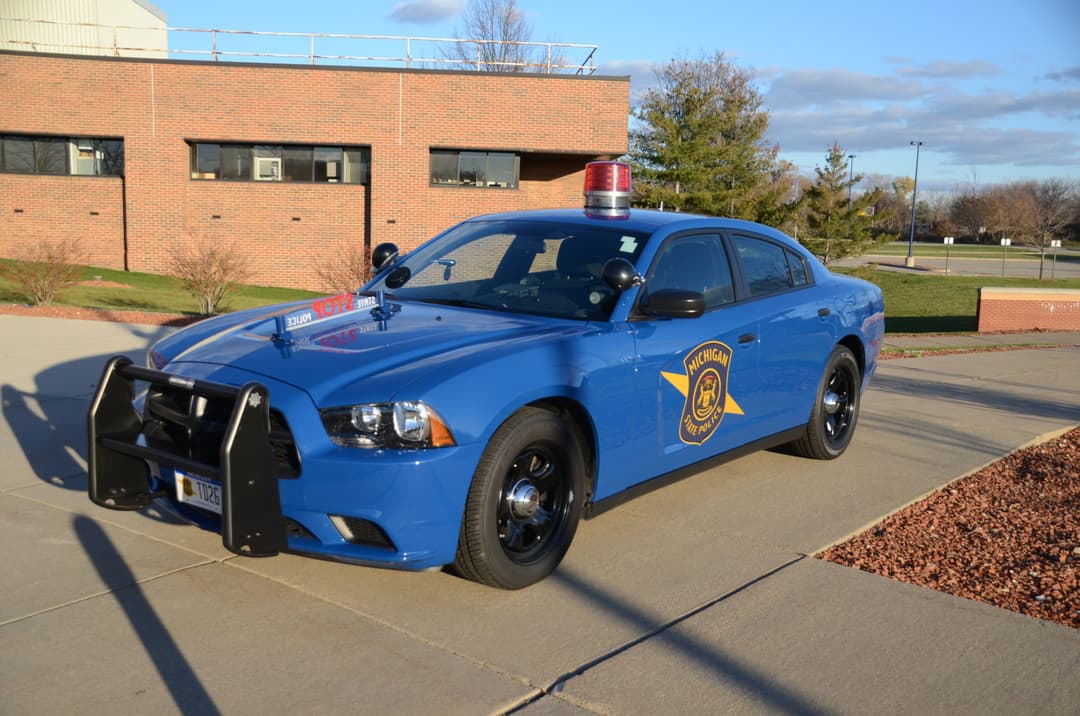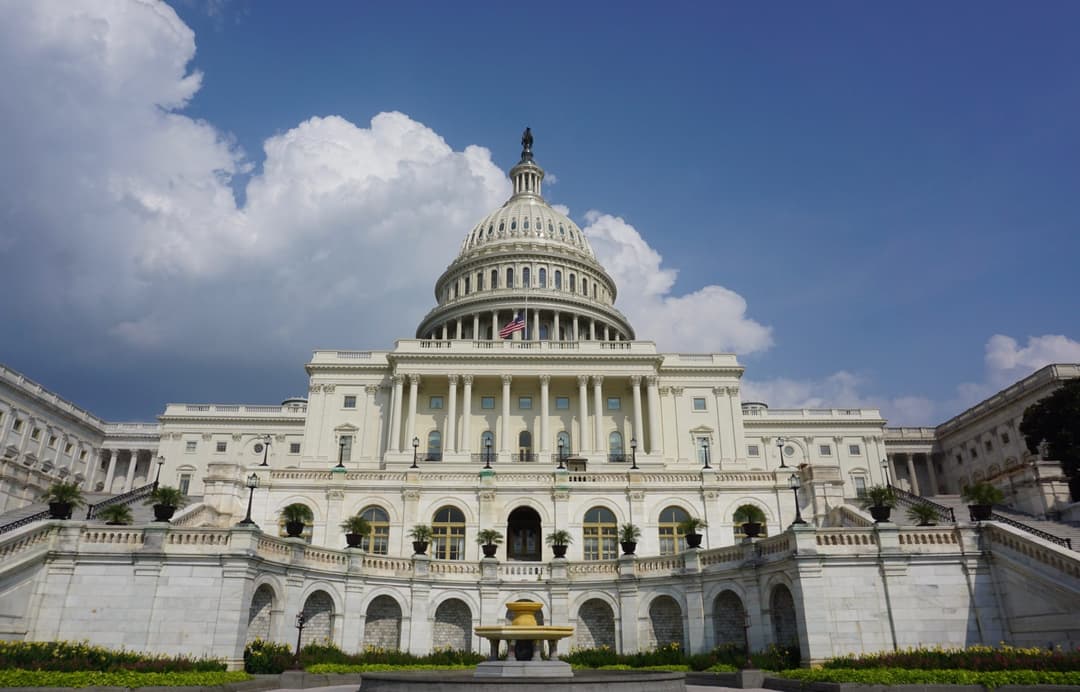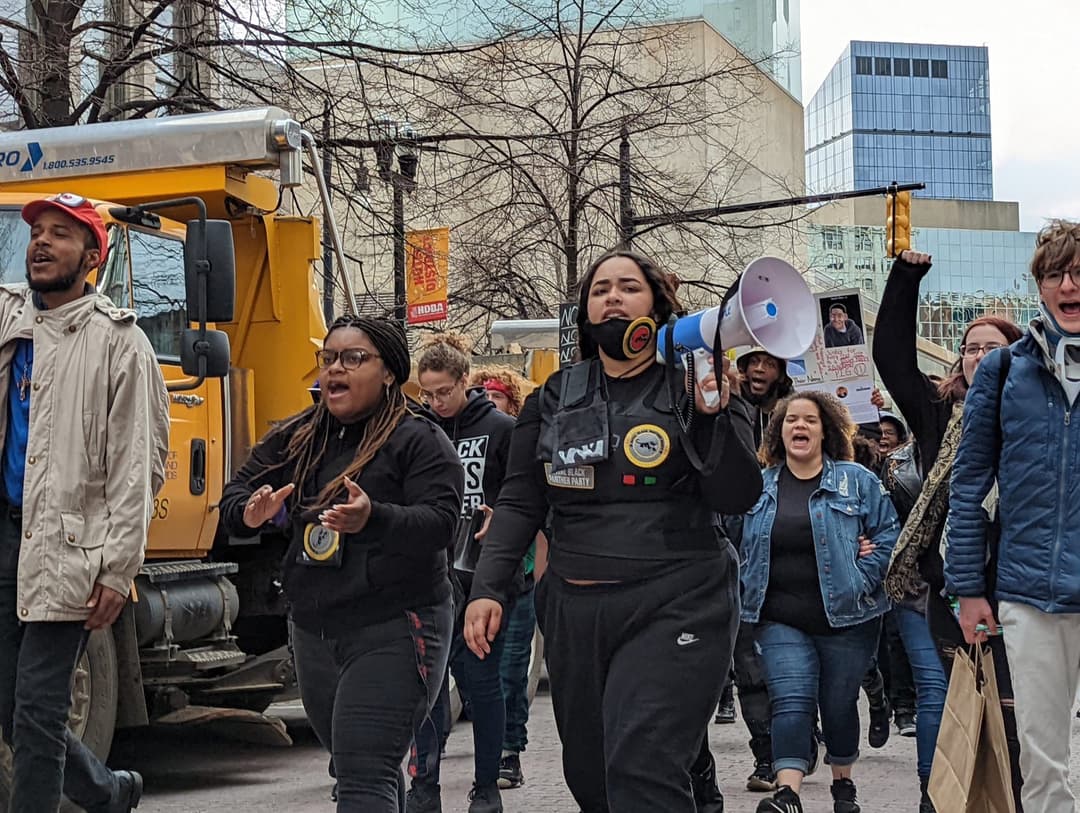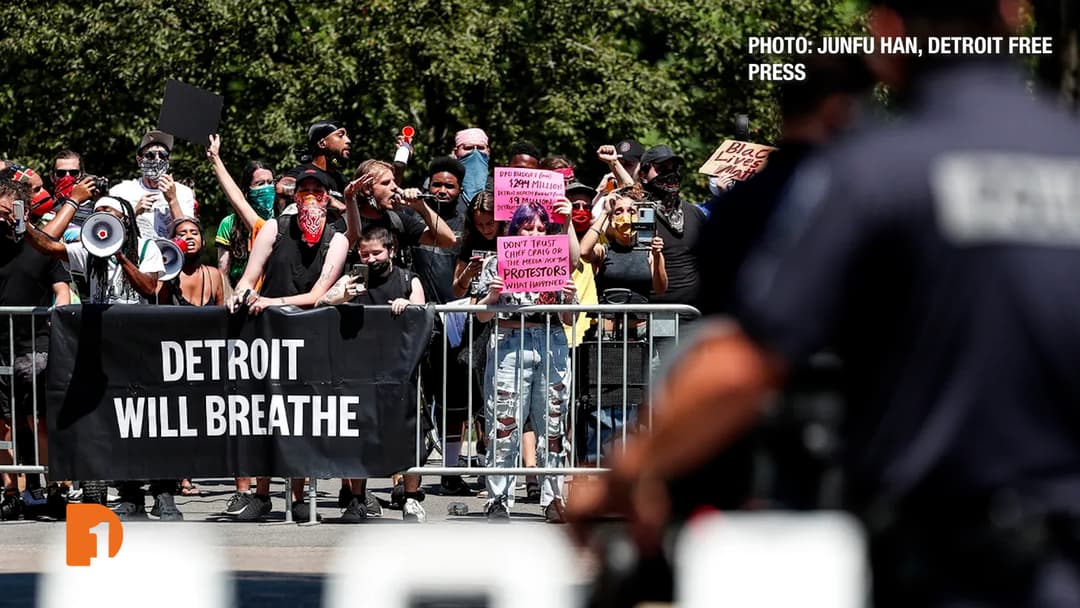Polling: How it works and what we can learn from it
Nov 3, 2020
Michigan pollster, Bernie Porn, pulls back the curtain on polling. Through online polls, robo-calls, and in-person interviews, polls are a snapshot of what any given population thinks about any given topic. Bernie P. talks with One Detroit’s Will Glover about how polling works, reflects on how polling played out in the 2016 presidential election, as well as how it can show how people’s support for racial justice and equality does not always add up to supporting organizations championing those causes.
Read full transcript
Will Glover What is polling in its most basic form?
Bernie Porn, President, Epic MRA Well, there are also different kinds of polling. You have online polling, automated polling where robo calls are made and then people will press their phone button to respond to the polls. And then you have a live interviewer polling, which is most of what we do. And to make sure that we get an adequate representation of younger voters, we have continued to increase the percentage of cell phone only contacts that we make in our polls.
Will Glover What are some of the more general ways polls are used and how might people encounter them in their everyday lives when there isn’t an election cycle?
Bernie Porn, President, Epic MRA Most of our polls are done for school districts, community colleges and transit authorities. And quite often it will be to test potential ballot proposals or to just do satisfaction surveys. To find out, for example, for a transit authority, why do people ride the bus? And with a pandemic covid 19, have they been less likely to vote, to ride the bus because of the fear of catching covid 19? And if it is resolved, will they be more likely to go back and ride the bus, because a lot of people are no longer riding the bus because of fear. And you have a high percentage of people in Michigan who are extremely fearful of catching both 19. And when we ask about mask wearing, you have a very high percentage of African Americans and Detroiters who say they wear their mask. And interestingly, when we asked that question, you have almost 100 percent of Democrats saying they wear a mask, but 12 percent of independent voters say that they sometimes don’t wear a mask. But you have 28 percent of Republicans and Trump voters saying they don’t wear a mask, including 32 percent of male voters, Trump supporters who do not wear a mask. So, if he would simply wear a mask and encourage his supporters to wear a mask, that would resolve an awful lot of the problems, at least in Michigan.
Will Glover What have been the most interesting findings that you’ve seen in some of the recent polling that you’ve done?
Bernie Porn, President, Epic MRA Interestingly, to give you an idea of how the presidential election might turn out. Of those who were undecided in the presidential election, seventy six percent support a national mask policy. So, while President Trump is talking about, “well there’s two sides of the mask issue.” Well, not among those folks who are undecided in Michigan. The other thing that I found was extremely interesting and somewhat disappointing. Is when I saw tremendous support after the Floyd death for Black Lives Matter. And I mean nationally polls showed as much as 70 percent supportive of Black Lives Matter. When the message came out in support of defunding the police, there was a lot of confusion about that. And that has had a, I think a significant impact on the perceptions of Black Lives Matter, because it’s viewed as supporting defunding the police. And 57 percent of Michigan voters do not support or oppose defunding the police and that’s even when we tell them that it would not eliminate police. It would just re-prioritize some of the spending, so that health care and psychologist are provided to deal with those people who need specific kinds of assistance. You look at that and you have 48 percent supportive of Black Lives Matter now. And 45 percent oppose overwhelming opposition among Republicans and significant opposition by more than the statewide numbers among independent voters and overwhelming support among Democrats. However, if you phrase the need for police reform and the need for reform of education and how systemic racism affects African Americans in a variety of different avenues when you deal it that way. Seventy five percent of Michigan voters think systemic racism is a problem. So, if you describe it in that way and talk about, as part of it, we need to address those times when police go over the, go over the line and make sure that we address that, as well as all of the other issues that are involved in systemic racism in our country and in our state. And when you do that, I would note that recently Joe Biden has been talking about addressing systemic racism. And he’s not been referring as to Black Lives Matter and that is unfortunate, but that is a result of the messaging about defunding the police.
Stay Connected
Subscribe to One Detroit’s YouTube Channel and don’t miss One Detroit on Thursdays at 7:30 p.m. and Sundays at 9 a.m. on Detroit PBS, WTVS-Channel 56.
Catch the daily conversations on our website, Facebook, Twitter @OneDetroit_PBS, and Instagram @One.Detroit
Related Posts
Leave a Reply
Your email address will not be published. Required fields are marked*

